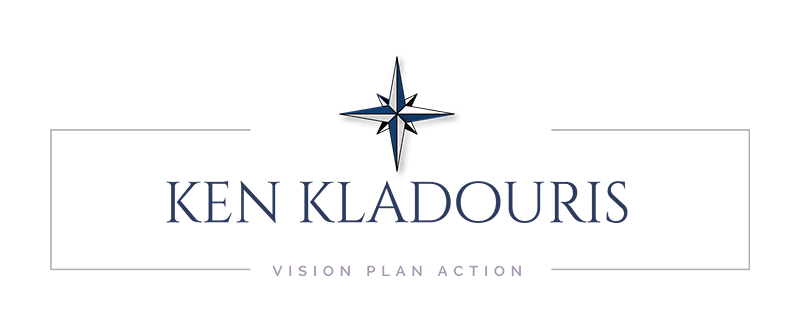In today’s uncertain times, it can be easy for leaders and workers alike to feel overwhelmed and uneasy about what the future holds. A quick glance at any media and the negative flow of information can take the most positive of us and make them question the path they are on.
To combat this,
There are two important traits I found that can help to not just survive, but thrive. These important traits are resilience and mindfulness. With the right mindset, attitude and tools, leaders may come out stronger after difficult circumstances.
Resilience can be defined as the ability to withstand and recover quickly from difficult circumstances. By developing resilience, leaders can better cope with difficult situations and maintain a positive outlook even when faced with adversity at their companies.
Mindfulness is the practice of focusing on the present moment and being mindful of our thoughts, feelings and environment. It can help you to stay grounded in difficult times and to be aware of your own emotions as well as those around us. Through mindfulness, we can become more resilient by cultivating a sense of stillness even amid chaos.
By cultivating resilience and mindfulness in the workplace,
you and your team can become better equipped to handle uncertain times. You can learn to be adaptable, compassionate and understanding not only to yourself but also to those around you. When faced with unknown situations, you can take a step back, practice stillness and be mindful of your responses. With the right attitude, you can become stronger and more resilient—allowing yourself to better navigate unfamiliar waters and thrive despite adversity.
So many times, without even being aware of it, we react to a situation based on our emotions at the moment, which in times of uncertainty can be rooted in fear. In our businesses, when we are reactionary and fearful, it is difficult to see the opportunity in the moment and even more difficult to hold firm to the long-term strategy.
Additionally, as the leader, your staff and team look to you for strength and the ability to communicate clearly the objectives and tactics that need to be implemented to traverse the unknown. Having the ability to stay poised in these situations is a significant skill that will increase your team’s perception of you and their confidence in your leadership.
Here are three steps you can start taking today to increase mindfulness and resilience at your company.
Step 1: Encourage meditation breaks at work.
Starting a meditation practice can be as simple as taking 10 minutes out of your work day to sit quietly and be mindful of your breathing. Encourage your team and employees to do the same. Find a quiet space where you won’t be disturbed and focus on your breath. Notice the sensation of inhaling and exhaling, without trying to control it too much. I’ll remind you that it is a practice, so be gentle with yourself as you get started. As the leader, it is important to note that the benefits of this are not in the 10 minutes during the meditation, rather in the clarity and focus that the team members bring to the rest of the day!
Step 2: Limit negativity in the workplace.
Negativity in the workplace can be a significant drain on productivity, morale and creativity. It is important to take steps to limit this negativity and replace it with more positive energy. I find one of the best ways to do this is through mindfulness practice. Mindfulness not only helps individuals become aware of their own emotional triggers but also allows them to recognize when certain attitudes or behaviors might be having a negative impact on the team as a whole.
When you see team members who are bringing negativity to the environment, it is important for you as a leader to let them know they have the ability to step away from the situation and recalibrate. Whether it is as simple as stepping out of the meeting, leaving the building or practicing a breathing exercise, individuals need to be able to be their best selves.
Step 3: Be flexible.
In so many instances, I’ve noticed that we believe there is only one way to do something and can get defensive when someone questions our way, especially in the workplace where there are a lot of factors and individual personalities involved. To foster an environment of creativity and willingness to share ideas to find the best solution to a problem or initiative, open communication is key. So how does a leader incentivize creative ideas? A simple way is to have open creative sessions where you ask questions of your team members that spark out-of-the-box thinking and allow the conversation to flow. As the team starts to build a culture of communication and collaboration, it will soon be ingrained in your business.
In conclusion, resilience and mindfulness are two key traits that can help you to not just survive but thrive in difficult situations that might arise at your organization. By cultivating these qualities through practices such as meditation, limiting negativity and being flexible with your employees as well as yourself, you can equip yourself with the tools needed to navigate these unknown waters. With this newfound strength can come an ability to adapt quickly while maintaining a positive outlook on life—ultimately allowing you and your business to come out stronger after difficult circumstances.







Leave A Comment